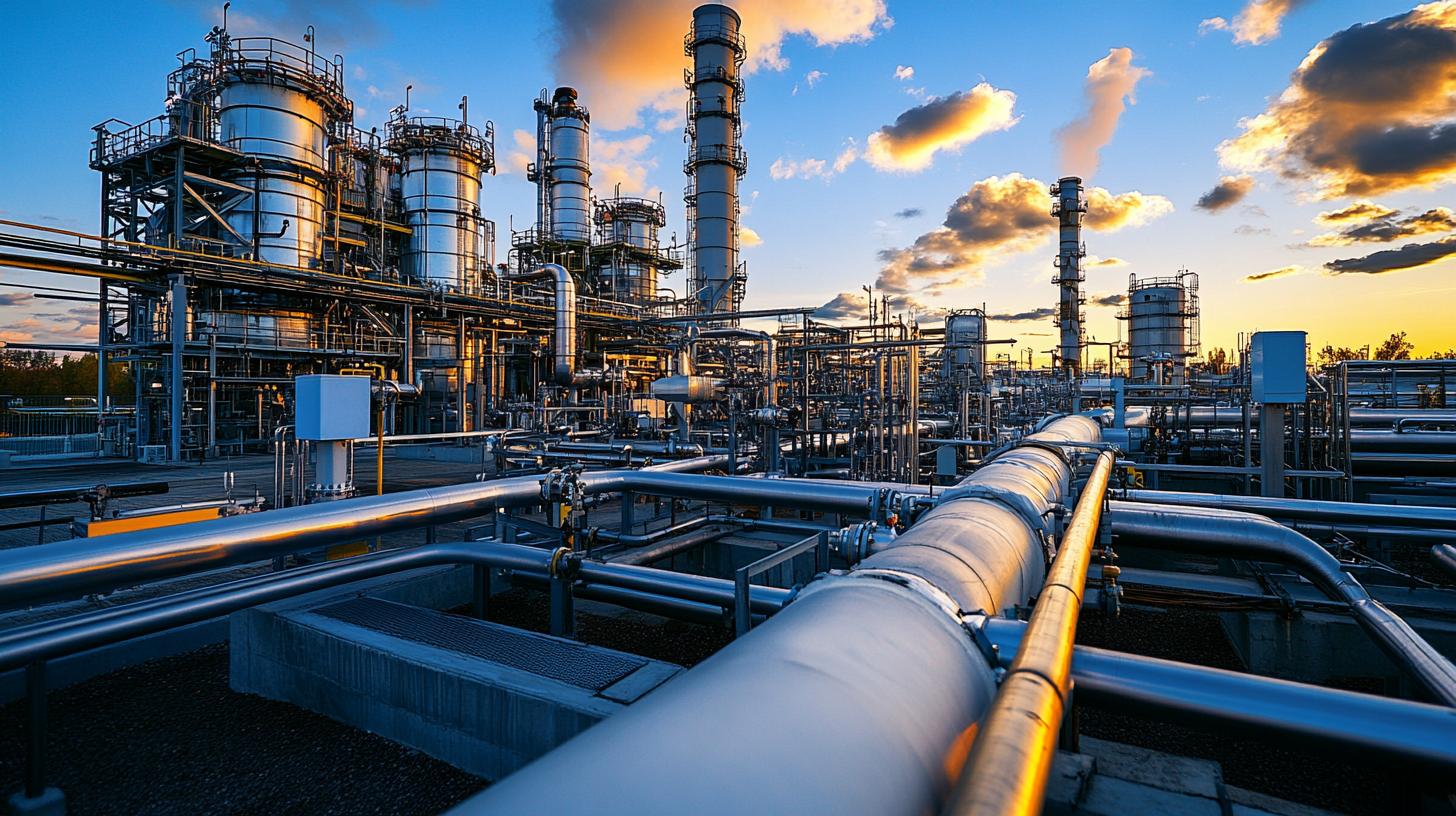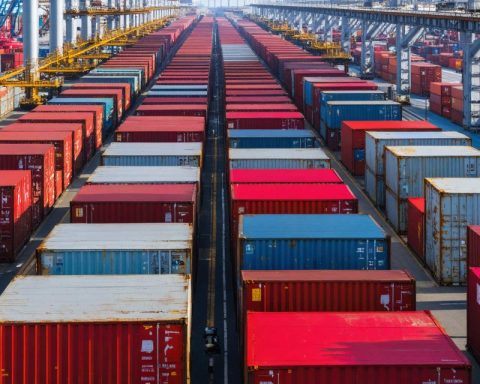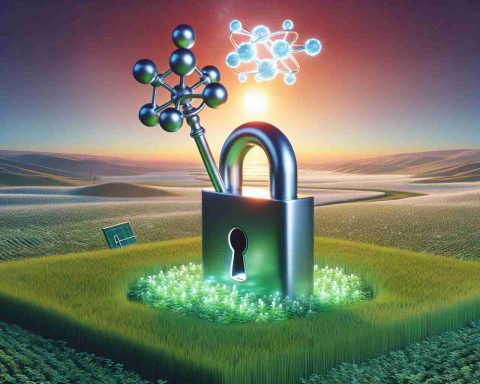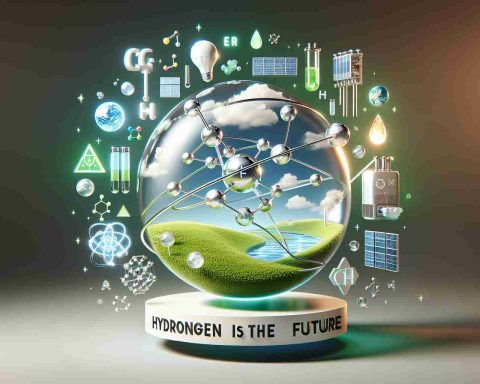Our goal is to offer compelling and unbiased journalism to professionals involved in the global clean hydrogen sector. We are dedicated to presenting the news and in-depth analysis essential for industry leaders, consistently examining the realities of the hydrogen market. By cutting through the overstatements often associated with hydrogen, we strive to offer a well-rounded perspective on current developments. Our readers gain the necessary insights to navigate and make pivotal decisions in their business endeavors.
With an emphasis on delivering relevant content, our focus is on comprehensive reporting that highlights both opportunities and challenges in the clean hydrogen industry. This approach equips executives with the understanding required in this rapidly evolving field. By consistently providing such vital information, we foster informed decision-making among those steering this crucial sector towards a sustainable future.
The Impact of Clean Hydrogen on Global Communities and Economies
The clean hydrogen industry is rapidly gaining momentum, presenting opportunities and challenges that are profoundly shaping communities and countries worldwide. As the world grapples with the urgent need to transition to renewable energy, clean hydrogen emerges as a promising solution to reduce carbon emissions and achieve sustainability goals.
The Promise of Clean Hydrogen
Clean hydrogen, often termed as “green hydrogen,” is produced using renewable energy sources such as wind, solar, or hydropower, making it a zero-emission fuel. It holds immense potential to decarbonize sectors like transportation, industry, and power generation. Countries are increasingly investing in hydrogen infrastructure to meet climate targets and gain energy independence.
Europe, for example, aims to become a global leader in the hydrogen economy, with plans to install 40 gigawatts of electrolyzers by 2030. European Parliament reports emphasize hydrogen’s role in achieving the Green Deal’s objectives.
Impact on Communities
The transition to a hydrogen-based economy can have profound effects on communities. Regions once reliant on fossil fuels may find new economic opportunities in hydrogen production and technology development. For instance, areas with abundant renewable resources and existing industrial infrastructure are poised to become hydrogen hubs, potentially revitalizing local economies and creating jobs.
However, this transition also brings challenges. Communities dependent on fossil fuel industries may face socioeconomic disruptions. Policymakers must address these challenges through strategic planning and workforce retraining programs to ensure a fair transition.
Global Economic Implications
On a global scale, the hydrogen economy could reshape energy alliances and reduce geopolitical tensions related to oil and gas dependencies. Countries rich in renewable resources could emerge as major players in hydrogen production, altering traditional energy hierarchies.
Moreover, the potential for hydrogen to power different sectors means that industries can innovate and develop new revenue streams. Yet, there is ongoing debate about the economic feasibility and infrastructure costs associated with hydrogen production and distribution.
Controversies and Challenges
While clean hydrogen is heralded for its environmental benefits, there are controversies surrounding its implementation. Critics argue about the “greenwashing” potential, where companies may overstate hydrogen’s sustainability without addressing underlying carbon footprints.
Additionally, the technology required for hydrogen production, storage, and transportation remains expensive. The debate continues over the most cost-effective and efficient methods to scale hydrogen use globally.
Conclusion
The influence of clean hydrogen on people, communities, and nations is both transformative and complex. As the world continues on its path toward decarbonization, the role of hydrogen will likely expand, offering solutions and sparking debates about the most sustainable ways to power our future.
For further information on the clean hydrogen sector and developments in sustainable energy, visit Hydrogen Energy and the official sites of major environmental organizations. These resources offer in-depth analysis and the latest updates essential for understanding hydrogen’s dynamic landscape.

















